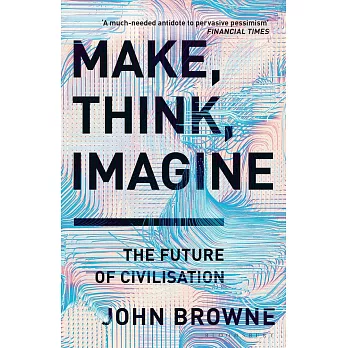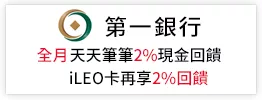為求進步,導致種種惡果,難道我們該就此裹足?
現在,科技進展可以說是前所未有地快速,我們不由得自問,這些新興科技對我們的生活究竟造成了什麼影響:
• 社群軟體是否不僅侵犯了我們隱私,還提供我們各喔誤的訊息?
• 藉由各式電腦程式,我們可以找出最適合我們的健康保險或是投資計畫,但這真的是沒有任何盲點,且最適合我們的方案嗎?
• 這些電腦演算法是不是已經太過複雜,連我們都沒辦法理解了?
• 機器人是不是即將搶走我們的飯碗?
• 越加完善的醫療方式是否反而會造成人口老化,而我們尚無暇顧及?
• 我們有辦法為數量持續增長的年長者提供適當的照護嗎?
• 我們持續開採能源,是否將地球逼到崩毀邊緣?
科技為我們帶來種種問題,是否代表我們應該暫緩發展,讓地球喘口氣?John Browne並不這麼認為,他相信,文明起於創新,進步來自於人類的需求,如果不是人類想要形塑一個理想的生活空間,那我們便不會追求自由、健康與財富,進而不會有現在的生活環境。
John Browne回溯歷史、審視自己的過往經驗以及與各個當代創新者的談話過程,揭示造就進步的根本、及結果利弊;並為我們勾勒出持續進步的未來藍圖。(文/博客來編譯)
LONGLISTED FOR THE FINANCIAL TIMES AND MCKINSEY BUSINESS BOOK OF THE YEAR AWARD 2019
'A much-needed antidote to pervasive pessimism' Financial Times
'An ode to the ways in which engineering has improved human civilisation' John Hennessy, Chairman, Alphabet
Today's unprecedented pace of change leaves many people wondering what new technologies are doing to our lives. Has social media robbed us of our privacy and fed us with false information? Are robots going to take our jobs? Will better healthcare lead to an ageing population that cannot be cared for? And has our demand for energy driven the Earth's climate to the edge of catastrophe?
John Browne argues that we need not and must not put the brakes on technological advance. Civilisation is founded on engineering innovation; all progress stems from the human urge to make things and to shape the world around us, resulting in greater freedom, health and wealth for all. Drawing on history, his own experiences and conversations with many of today's great innovators, he uncovers the basis for all progress and its consequences, both good and bad. He argues compellingly that the same spark that triggers each innovation can be used to counter its negative consequences. Make, Think, Imagine provides an eloquent blueprint for how we can keep moving towards a brighter future.



 天天爆殺
天天爆殺  今日66折
今日66折 

























 博客來
博客來 博客來
博客來 博客來
博客來 博客來
博客來 博客來
博客來